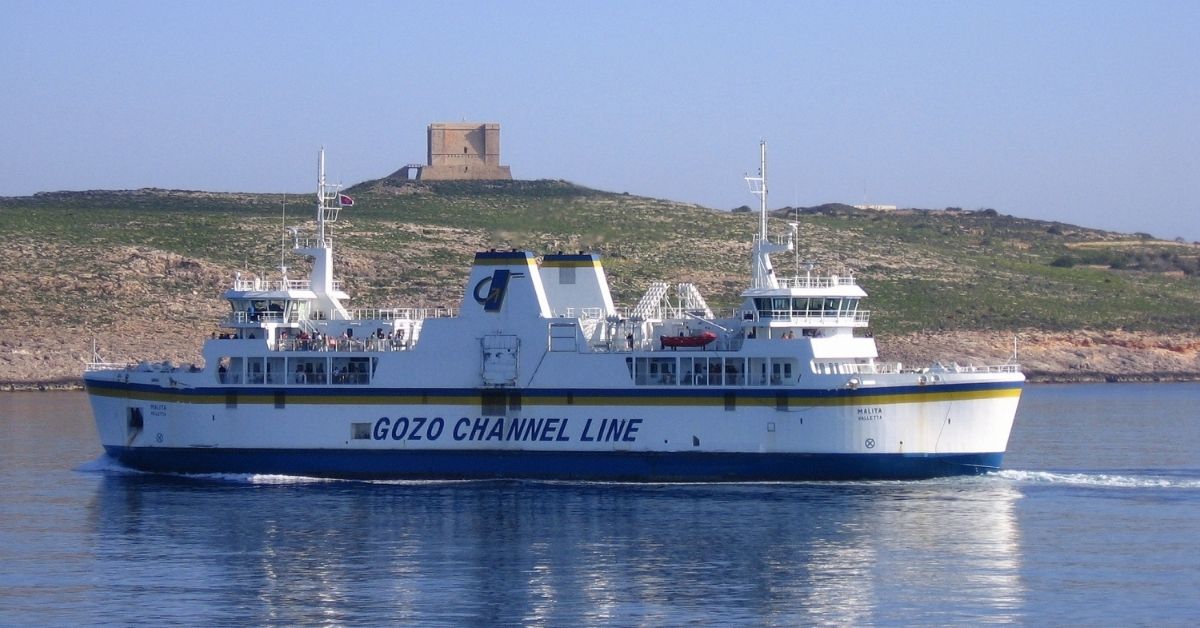Facing the obstacles of Brexit and the COVID pandemic, MaltaPost is “still receiving mail dispatched from the UK in December.”
In comments to BusinessNow.mt, MaltaPost highlighted that disruptions to international travel have caused delays in receiving post in Malta and details the obstacles faced in the international mail delivery system during 2020.
“For inbound mail, MaltaPost’s responsibility starts when item is handed to us by the airline operator upon arrival in Malta,” says MaltaPost Chief Operating Officer, Adrian Vassallo.
As such, customers expecting mail from abroad will experience delays, because “MaltaPost and other foreign postal operators depend on passenger flights to send their mail to their destination.”
Mail service between Malta and the UK was heavily impacted by the closure of the border between the EU and the UK between Christmas and New Year in response to the discovery of the new, more contagious COVID strain, and this has been further compounded by drastically reduced flight connections between the countries since then.
With flights between Malta and the UK reduced to three a week, from the pre-COVID level of three a day, there is more demand than capacity for international mail.
The pandemic had a major impact on mail volumes. This was first seen in January when China airports were closed. At this point, China was the country from which Malta received the most mail, (around 30 per cent of tracked mail volumes in December 2019).
“The reduction in mail volumes in this period was not due to a decrease in online orders but related to the difficulty for China Post and courier operators to send their mail to Malta which aggravated in the March to June period when the European airports closed their borders resulting in practically no mail coming from China and other Asian countries in April and May,” MaltaPost tells BusinessNow.mt.
Mail volumes from China began to increase in June, when Chinese postal and courier operators arranged to have their mail delivered through alternative routes. In June, a number of Chinese courier operators started rerouting their mail through the Netherlands.
However, the mail backlog was so drastic that in July and August, MaltaPost was still receiving mail sent from China in the period January to March.
In December, more than 80 per cent of mail arriving from Asia passed through the Netherlands route.

For deliveries from Britain and EU countries, the situation was different.
During the March – June 2020 period, flights continued to operate between the three EU countries Malta received the most mail from which were the UK, Germany and the Netherlands, and as such, MaltaPost only saw a slight decrease in mail volumes from the countries.
On the other hand, countries with no direct flights to Malta, like France and Italy, had to resort to alternative routes. Italy resorted to shipping mail to Malta via truck and sea, and at the suggestion of MaltaPost, the French postal service followed suit.
“Unfortunately, and despite [MaltaPost’s] suggestions, not all EU postal operators collaborated to find an alternative route to send mail to Malta and instead decided to suspend the service to Malta. For example, Spain and Poland suspended their service to Malta when no direct flights were available in the March to June period,” the Company reveals.
From July 2020 to January 2021, mail volumes from EU countries began to recover.
In preparation for Brexit, “many UK online retailers have opened warehouses in Germany and the Netherlands (Frankfurt and Amsterdam being the main logistics hubs in Europe) and have started sending their items from these two countries,” Mr Vassallo comments.
As such, mail volumes from the UK remained constant during this period.

Since the Brexit agreement was reached, “mail from and to the UK is processed as all the other mail coming from or leaving for other non-EU countries,” MaltaPost says, but reassures clients, “this change has increased [its] workload but [it is] geared up to handle it since [it is] manned and equipped to handle the extensive operational changes that had to be implemented at the end of the transition period given that [it] receive[s] and send[s] mail and parcels to both EU and non-EU countries.”
When asked about the long-term impact of Brexit on e-commerce trends, MaltaPost said they “are monitoring the market on a daily basis and it is still too early to reach certain conclusions”, and that they “do expect to experience a shift in the consumer behaviour by witnessing more orders from EU-based websites instead of from UK websites.”
Main photo and charts: MaltaPost
Gozo cargo ship can cut traffic and Ċirkewwa queues, say business groups
'A much needed investment'
Inbound tourism reaches nearly 3.8 million visitors in first 11 months of 2025
Inbound tourist arrivals were estimated at 304,620 in November alone
Farmhouse once used by 1798 Maltese rebellion leader goes on sale for €2.5m
It once served as the headquarters of Vincenzo Borg, one of the leaders in the Maltese uprising against the French






